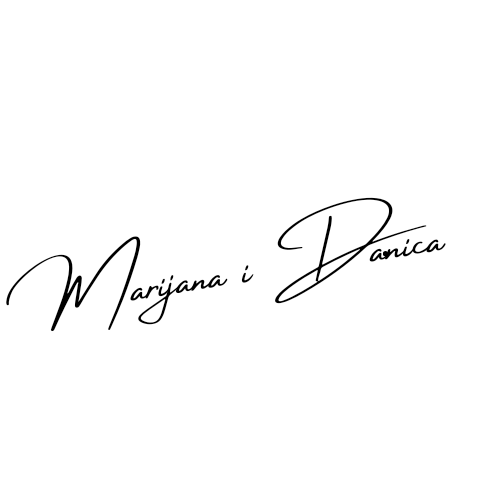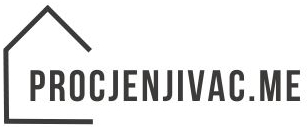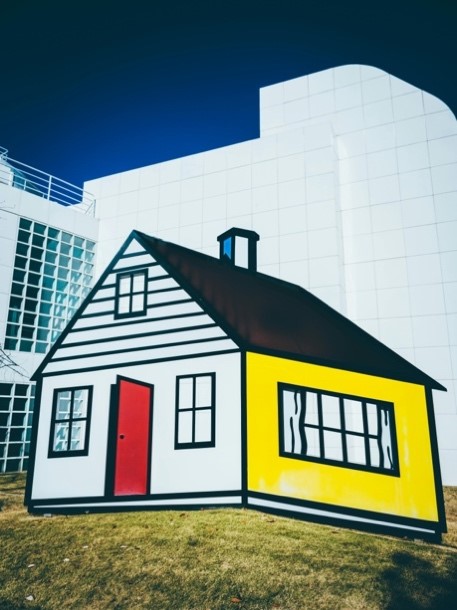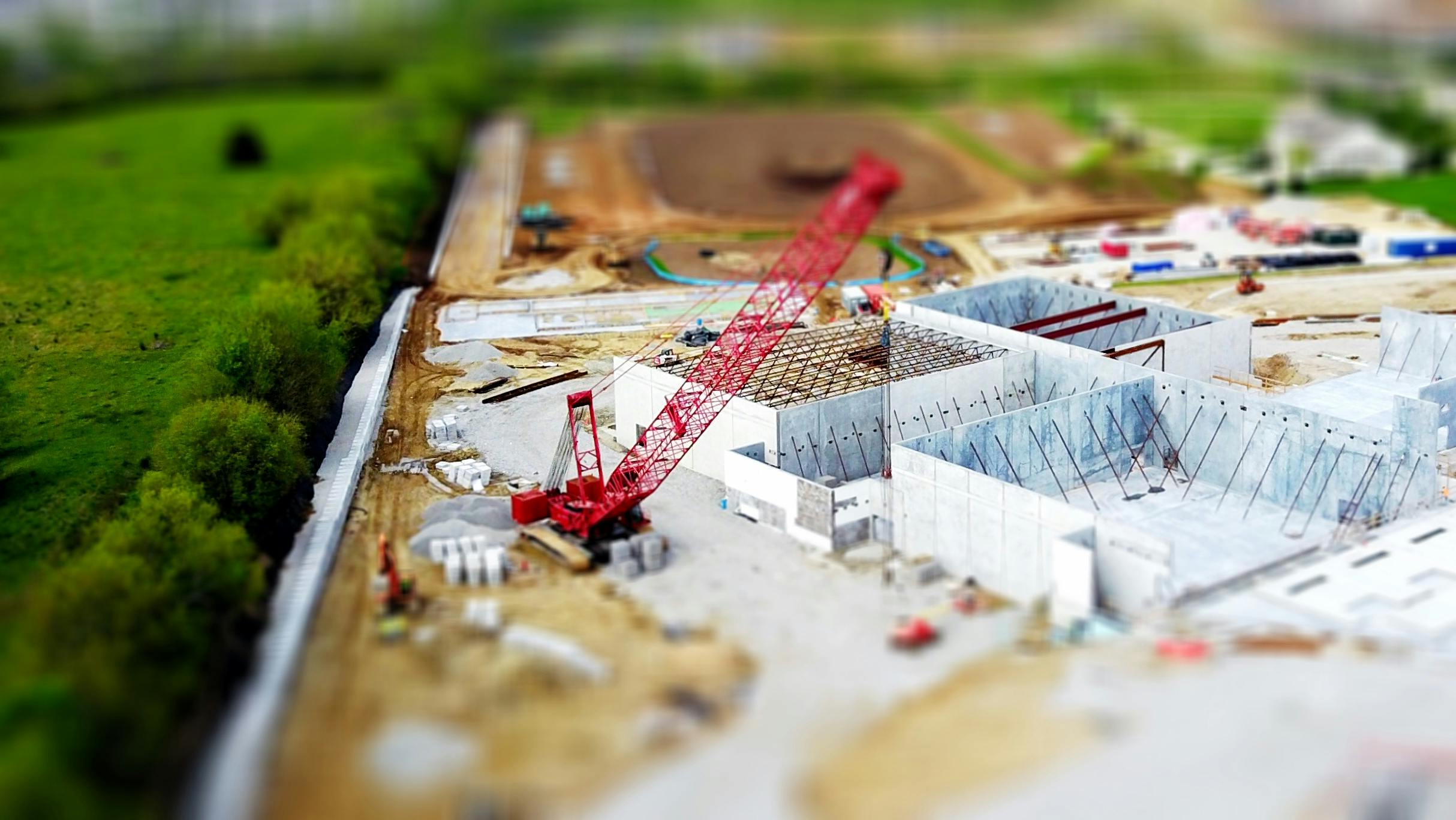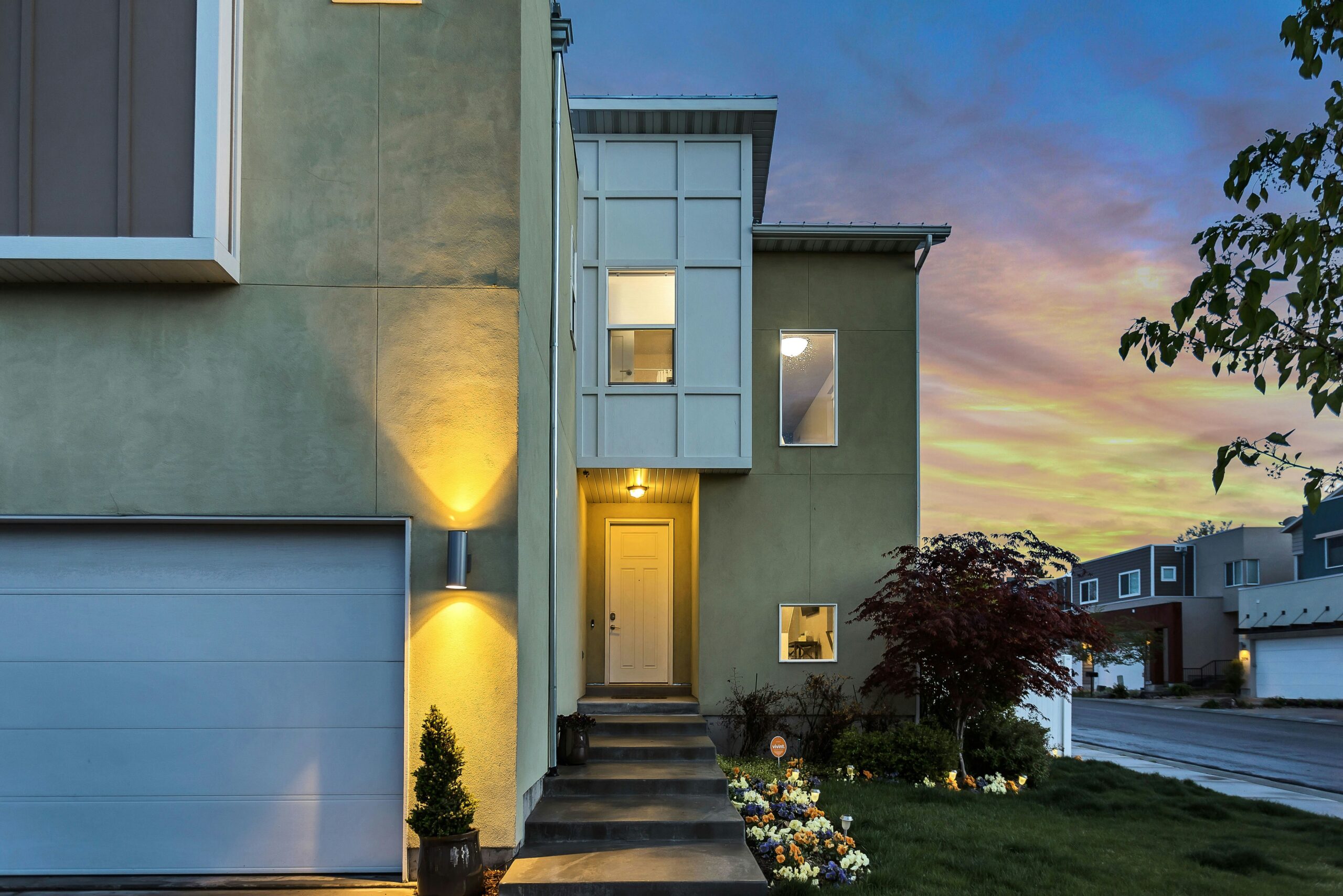Dear readers, welcome to our second Blog installment, focusing this time on the subject of unauthorized properties or parts thereof.
Given that experiences in the field indicate frequent inquiries about this topic, which often perplex real estate owners, we aim to clarify in the following text whether unauthorized real estate or components of real estate can be appraised (such as an unauthorized apartment in a multi-unit residential building, an unauthorized floor of a single-family home, and so forth).
WHAT CONSTITUTES AN UNAUTHORIZED (ILLEGAL) PROPERTY?
In accordance with the Law on Spatial Planning and Construction (Official Gazette of Montenegro, no. 64/17, 44/18, 63/18, 11/19, 82/20, 86/22, 4/23, hereinafter referred to as the Law), an illegal building is one that was constructed in violation of regulations mandating a building permit at the time of construction or one for which there was no obligation to obtain a building permit at the time of construction, and subsequently, it was not registered in the real estate cadastre.
An unauthorized building encompasses residential, commercial, and mixed-use structures where substantial structural work has been undertaken on at least one level or part of the building, and construction occurred without a building permit or in contravention of such permit.
Even seemingly minor alterations, such as expanding a terrace without proper documentation, can render the builder liable. Similarly, entire residential and/or mixed-use buildings may have been erected without a single document. Additionally, if an individual reconfigures a building without proper authorization, such as altering the layout (adding or removing special building parts, e.g., residential units), they encounter legality issues, and during registration applications, their encumbrance will be recorded in the Property Register.
You might also find yourself as the owner of an unauthorized property (or part thereof) with an unencumbered real estate certificate because you never initiated the legalization process.Besides awaiting regulation under the new Law on Legalization, as announced, and the comprehensive recording of all unauthorized buildings in Montenegro's territory, you also face challenges in assessing the market value of such a property, which we will discuss further below.
CAN UNAUTHORIZED PROPERTIES BE APPRAISED?
The succinct answer is YES. We often say that everything the appraiser can see and touch, they can evaluate. However, certain prerequisites must be met. The fundamental rule is to appraise real estate listed in the Real Estate List. Appraisers do not conduct on-site measurements. Nonetheless, if you possess a certified geodetic survey (by the Real Estate Administration, formerly the Cadastre and State Property Administration), the appraiser can accurately ascertain data on the property's area, including special parts(such as special building parts), allowing for the appraisal of such real estate. In such cases, the market value of the property is significantly influenced by legalization costs, with the value reduced by the estimated cost of legalization.
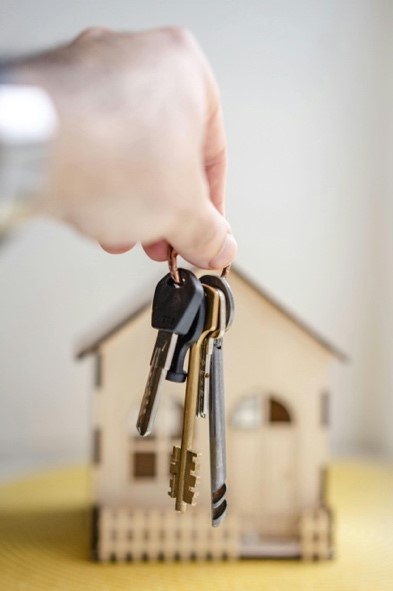
Legalization costs encompass administrative fees, geodetic survey costs, the preparation of a company report verifying the object's existence in orthophotographs and compliance with urban planning parameters and guidelines, communal infrastructure costs, expenses for compensation to regional water authorities, and the preparation of a report by a company examining the building's structural and seismic stability, all in line with the Law.
In contrast, real estate deviating from the Real Estate List registration and lacking the aforementioned documentation (certified Elaborate) cannot be recorded by the appraiser, and such a property or part thereof remains unappraised.
Unauthorized real estate generally commands a lower market value than legal real estate.
CAN ALL UNAUTHORIZED PROPERTIES BE LEGALIZED?
Under the current Law, specific conditions must be satisfied.
Building legalization aligns with the Law on Spatial Planning and Construction (Official Gazette of Montenegro, no. 64/17, 44/18, 63/18, 11/19, 82/20, 86/22, 4/23) and is undertaken by the competent local government authority, at the owner's or condominium owner's request (or assembly of condominium owners).
An unauthorized building constructed in accordance with basic urban planning parameters and/or guidelines of the applicable planning document (purpose, floor area ratio, plot ratio, number of stories, or building height and setbacks) and is visible on orthophotographs may be legalized.
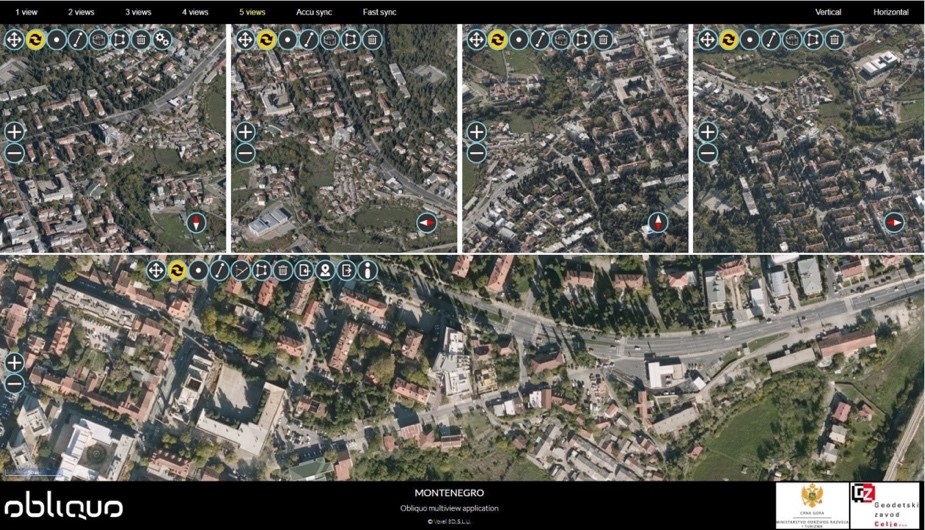
For clarification, orthophoto records were collected in 2018, and all objects or parts thereof created afterward fall under the category of objects that do not meet the basic principle for legalization.
Hence, objects absent from orthophotos and/or those with a negative company report (non-compliance with guidelines and parameters from the valid planning document) cannot be legalized.
AND IN CONCLUSION...
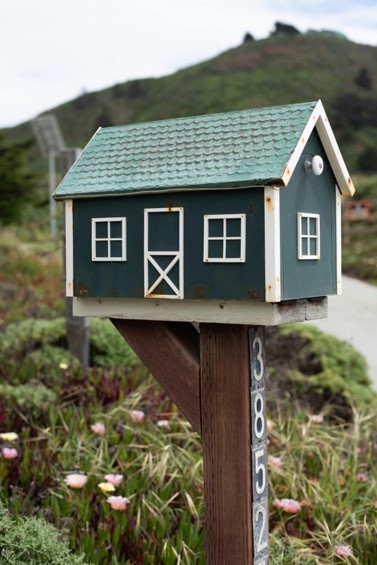
The existence of a large number of illegal buildings in Montenegro and their legalization remains a persistent topic, particularly with the recent announcement of the new Law on Legalization of Buildings. The challenge of documenting these structures and integrating them into legal frameworks is an ongoing concern.
If you happen to be the owner of an illegal property or part thereof, we strongly recommend initiating the legalization process. By doing so, you'll not only enhance the market value of your real estate but also mitigate the costs associated with property taxes, which tend to be considerably higher for owners of unauthorized buildings.
